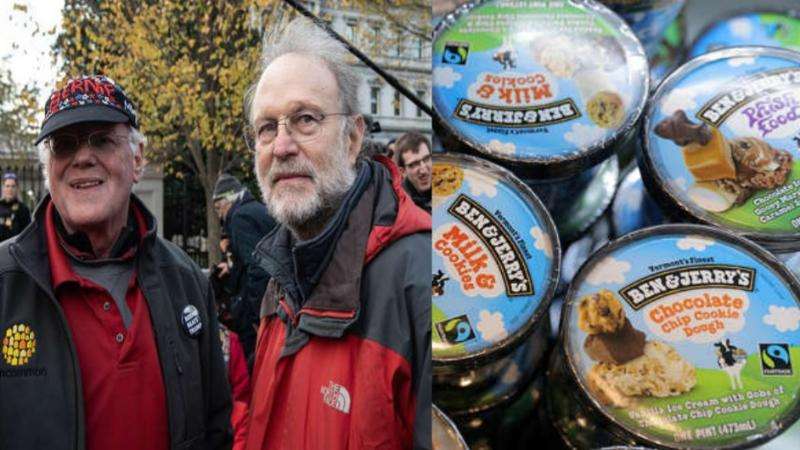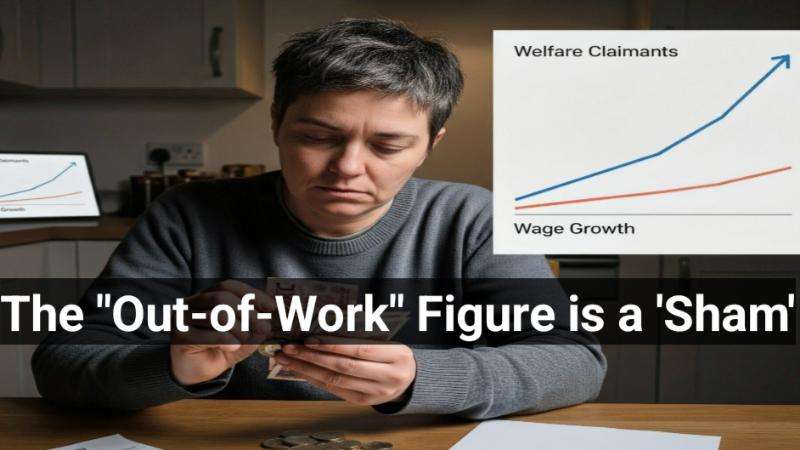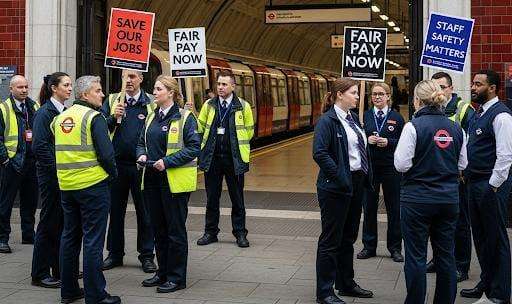Jerry Greenfield, co-founder of the iconic ice cream brand Ben & Jerry’s, has officially resigned after 47 years. The move is the latest, and most significant, development in a long-running and increasingly bitter feud with parent company Unilever. Greenfield’s departure comes just as Unilever is preparing to spin off its ice cream division into a new, publicly traded company, Daily Dazzling Dawn understands.
Greenfield, alongside co-founder Ben Cohen, has long accused Unilever of stifling the brand's core mission of social activism, a promise they say was enshrined in the original 2000 merger agreement. His resignation was announced in a heartfelt open letter shared by Cohen on the social media platform X, where he stated he could no longer "in good conscience" remain an employee of a company he believes has been "silenced" by its corporate owner.
A Struggle for the Soul of a Brand-The conflict between Ben & Jerry's and Unilever is a clash of corporate giants and progressive values. At its heart is the Ben & Jerry's Social Mission, a commitment to using the company's platform to advocate for social justice, human rights, and environmental issues. This mission has been a source of both pride and contention.
The feud intensified in 2021 when Ben & Jerry's announced it would cease sales in Israeli-occupied Palestinian territories, a decision that Unilever ultimately overturned. The brand later sued its parent company, alleging that Unilever was trying to muzzle its voice, especially on issues related to the Gaza conflict, which Ben & Jerry's has controversially described as "genocide." This legal battle, which has included a new lawsuit filed by Ben & Jerry's in late 2024 accusing Unilever of "inappropriate muzzling," remains ongoing.
The dispute is also part of a larger, global conversation about corporate responsibility and the limits of social activism within a for-profit business model. Unilever, for its part, has consistently stated its commitment to Ben & Jerry’s three-part mission—product, economic, and social—while maintaining that it has a right to oversee its subsidiaries. A spokesperson for The Magnum Ice Cream Company, Unilever's new ice cream unit, expressed gratitude for Greenfield's contributions but reiterated that they "disagree with his perspective" and have sought to have a "constructive conversation" with the co-founders.
Ben & Jerry's co-founder Ben Cohen has been a particularly vocal critic of Unilever's actions. Just last week, he demanded Unilever "free Ben & Jerry's" to protect its social values, and it was revealed that he had attempted to engineer a sale of the brand to socially aligned investors, a proposal that was rejected by Unilever. Cohen has also been a passionate activist in his own right, including an instance in May where he was forcibly removed from a Senate hearing for protesting U.S. support for Israel. This ongoing tension highlights the stark philosophical divide between the founders and their corporate owner.
For the People of Gaza: A Plea for Peace and Justice-In the midst of this corporate battle, there is a deep and profound human story. The conflict over Ben & Jerry's position on Gaza isn't just about business—it's about the lives of the Palestinian people caught in a brutal and devastating conflict. For many, including the brand's co-founders, the decision to halt sales in occupied territories and speak out against the violence was a moral imperative. It was a stand taken on behalf of a population enduring immense suffering, a population that has faced a seemingly endless cycle of displacement, loss, and trauma.
The struggle to give a voice to the voiceless, to use a global platform to shed light on a humanitarian crisis, is at the core of what Ben & Jerry's stands for. The "Gaza conflict," as it is often clinically referred to, is a daily reality of fear, grief, and desperation for the people who live it. It's the story of children who have lost their homes, parents who have lost their children, and a community fighting to survive. The Ben & Jerry's brand, with its history of activism, has attempted to use its influence to speak to this reality, to demand a world where peace and justice are not just ideals, but a tangible reality for everyone. For co-founder Jerry Greenfield, remaining an employee of a company that he feels is turning a blind eye to this suffering became an unbearable moral burden, a betrayal of the very soul of the brand he helped build. His resignation is an emotional and definitive act of protest, a testament to the belief that some things are more important than profit.
What's Next for Ben & Jerry's? A Pivotal Moment-The future of Ben & Jerry's is at a critical juncture. The company is poised to become part of The Magnum Ice Cream Company, a new entity that will be spun off and listed on stock exchanges in London, Amsterdam, and New York this November. Unilever will retain a 20% stake, but plans to reduce its share over time.
This impending spin-off presents both opportunities and risks. On one hand, Ben & Jerry's will be part of a standalone company focused exclusively on the ice cream business, which could allow for greater strategic alignment. On the other hand, the brand's co-founders and social mission board fear that without the protections of the original merger agreement, their ability to act as a voice for social justice will be further compromised.
With Jerry Greenfield’s resignation and Ben Cohen's continued public calls for independence, the pressure is on Unilever and the new leadership of The Magnum Ice Cream Company to define the brand’s future. The coming months will determine whether Ben & Jerry's remains a global symbol of corporate activism or if its social mission becomes a casualty of its corporate ownership. The outcome of the ongoing lawsuits and the final terms of the spin-off will be closely watched by consumers, investors, and activists around the world.








.svg)


